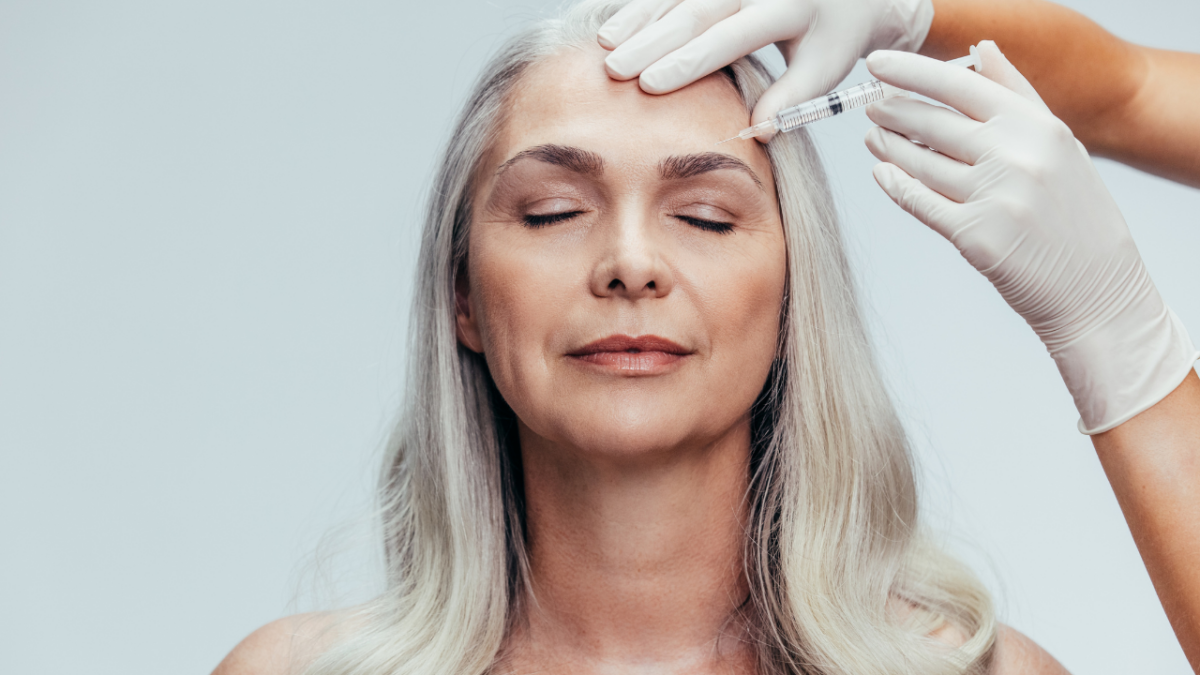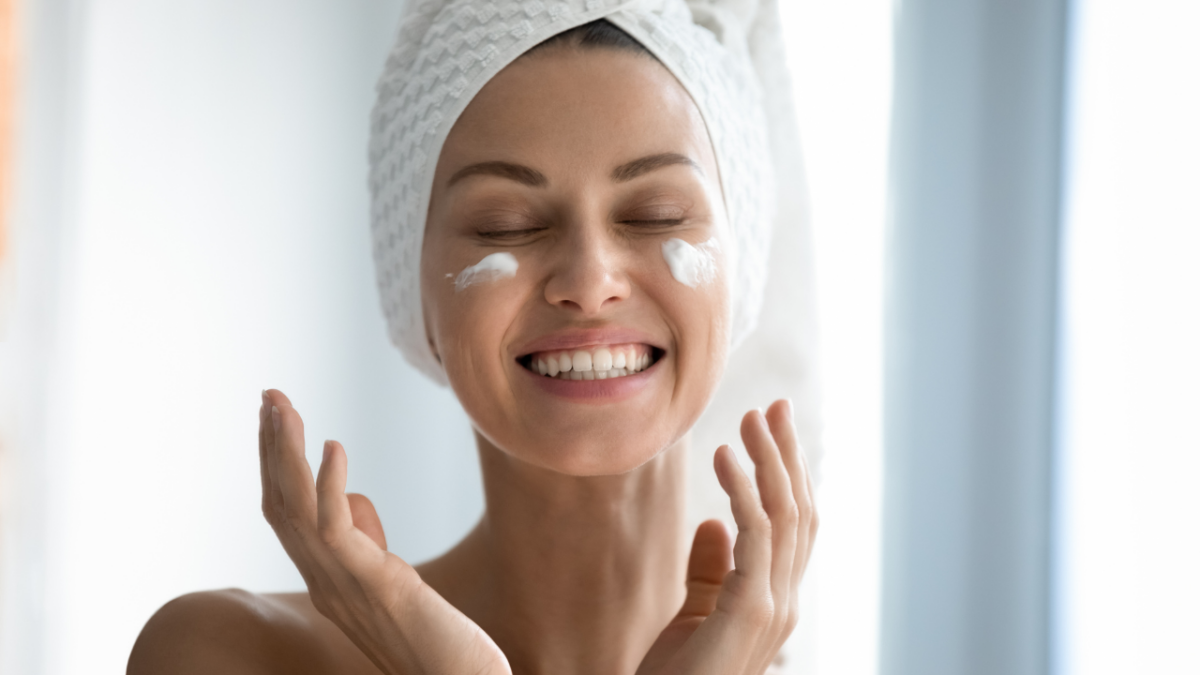5 Costly Facial Rejuvenation Mistakes to Avoid After 50 (And What to Do Instead)
Aging is an inevitable process, but it takes on a new form after 50. Hormonal changes, particularly the drop in estrogen, have a profound impact on skin health and facial structure. This shift accelerates the breakdown of collagen, increases skin laxity, and alters the shape of the face. As a result, traditional beauty treatments that worked in one’s 30s and 40s may no longer be effective.
If you’re looking to rejuvenate your face, avoid these 5 common mistakes that can drain your wallet, waste your time, and leave you feeling disappointed. More importantly, we’ll discuss practical solutions that actually work.
Mistake #1: Misusing Botox
Many women over 50 are still stuck in their “Botox from the 30s” routine, thinking the same old forehead, crow’s feet, and frown line strategy will keep them looking fresh. But here’s the reality check: Your face isn’t playing by the same rules anymore. As we age, the fascia (that connective tissue holding everything in place) starts to sag, and with it, so do the brow and eyelids. The frontalis muscle, which once lifted your brows like a backstage crew member hoisting curtains, isn’t as spry as it used to be. Piling on Botox in the same old spots only makes things worse — weakening those muscles and causing your brows to sink lower. The end result? Heavy, droopy eyes that scream “I’m tired” even when you’re wide awake.
What to Do Instead:
- Adjust Your Approach: Reduce the amount of Botox used on the forehead, especially near the brow.
- Use Lower Doses: Lower doses can still provide a wrinkle-free look without “freezing” the brows in place.
- Choose a Specialist: Work with a professional experienced in aging-related changes to ensure your treatment plan evolves as you age.
Mistake #2: Over-Reliance on Dermal Fillers
As we age, it’s easy to mistake sagging skin for volume loss — and that’s where the trouble begins. Desperate to “plump things back up,” people overdo it with fillers in the cheeks, temples, and jawline. But instead of the fresh, lifted look they’re aiming for, they wind up with a face that looks more “puffy marshmallow” than youthful glow. The problem? Sagging skin needs lifting, not stuffing. Overfilling only blurs your natural contours, giving that round, overfilled appearance that everyone notices but no one compliments. Why It Happens? In your 30s and 40s, fillers were an effective way to restore minor volume loss. But after 50, the issue is more about sagging, not just volume. Sagging skin needs to be lifted, not “puffed up” with fillers. When too much filler is added, the natural “V-shape” of the face turns into a “square” shape, which is a hallmark of aging.
What to Do Instead:
- Lift, Don’t Fill: If sagging is the primary issue, fillers won’t solve the problem. Lifting the face through other methods (like surgical lifts) is more effective.
- Use Minimal Fillers: Small, strategic amounts of filler can be used to soften specific areas, but avoid excessive use to prevent an unnatural look.
- Know When to Stop: When sagging is the main issue, it’s time to shift from fillers to other techniques that target laxity instead of volume.
Mistake #3: Relying on Energy Devices (Ultrasound, Radiofrequency, etc.)
Energy-based treatments like radiofrequency, ultrasound, and heat therapies are hyped as “non-surgical facelifts” — and on paper, it sounds like a dream. Who wouldn’t want tighter skin without the scalpel? But in reality, the results often fall short, especially for women over 50. Instead of a lifted, youthful glow, some end up with a hollowed, gaunt look thanks to unexpected fat loss under the skin. Here’s why: These devices are designed to target the deeper fascia layers of the face, but they have to pass through layers of skin and fat to get there. In the process, that precious facial fat — the stuff that keeps you looking youthful — can get zapped away. While the fascia might tighten up temporarily, the effects are short-lived, and the loss of fat can leave you looking older, not younger.
What to Do Instead:
- Skip the Energy Devices: For those over 50, these treatments have limited impact and could even make the problem worse by reducing essential facial fat.
- Invest in Proven Methods: Instead of chasing “quick fixes,” opt for treatments that target the root of the problem — laxity. Comprehensive facial lifts that reposition sagging tissue produce better and more natural-looking results.
- Do Your Research: Look for long-term results in people over 50 before committing to energy-based devices. If results are rare, it’s probably not worth your time or money.
Mistake #4: Falling for Thread Lifts
Thread lifts are often sold as a “quick fix” for sagging skin — minimally invasive, no downtime, and just a few tiny threads to pull everything back into place. Sounds like magic, right? Well, not so fast. The reality isn’t quite as picture-perfect. While you might see a slight lift at first, the results are short-lived (think 3 to 6 months, tops). Once those barbed sutures dissolve, gravity takes over and — surprise! — the sagging returns. Even worse, complications like skin dimpling, uneven texture, and infection can follow, turning your mini-lift into a major headache. Many people end up caught in a cycle of redoing the procedure (and re-spending the money) with little to show for it but disappointment.
What to Do Instead:
- Skip Thread Lifts: Avoid temporary, short-term solutions for long-term problems. Threads are not designed for the type of sagging that occurs after 50.
- Focus on Comprehensive Lifting: If sagging is your main concern, a surgical approach like a deep-plane lift or comprehensive facial lift is more effective. These approaches lift the underlying facial structure, not just the skin.
- Prioritize Longevity: Invest in treatments that provide lasting results rather than temporary fixes.
Mistake #5: Piecemeal Surgical Procedures
Many people take a “piece-by-piece” approach to facial rejuvenation — a neck lift here, an eyelid tweak there, maybe a lower facelift next year. It sounds practical, but in reality, this patchwork strategy often backfires. The problem? Aging doesn’t happen one feature at a time — it’s a full-face affair. So, while your neck may look tight and youthful, your sagging cheeks or tired eyes can give the game away. This piecemeal approach can leave you looking oddly “unfinished” or, worse, with that telltale “worked-on” look that’s impossible to unsee. Aging affects the skin, fat, fascia, and muscle all at once, so trying to “fix” just one area throws the whole face out of harmony — and that’s when things start to look strange.
What to Do Instead:
- Comprehensive Rejuvenation: A complete lift (brow, mid-face, jawline, and neck) achieves a more natural and harmonious result. When all parts are lifted together, it avoids the unnatural “worked on” appearance.
- Use Modern Lift Techniques: Techniques like deep-plane lifts target the underlying fascia and connective tissue, not just the skin. This provides a more natural, longer-lasting lift.
- Invest in Skilled Surgeons: If you’re considering surgery, select a surgeon with expertise in comprehensive facial rejuvenation. Look for “before and after” results that show natural, balanced, and complete transformations.
The reality of facial rejuvenation after 50 is simple: what worked before won’t work now. The major issue is not volume loss but sagging. The solution isn’t more fillers, more Botox, or energy devices — it’s a comprehensive approach that lifts and repositions the deeper structures of the face.
Avoid piecemeal treatments and short-term “quick fixes” that leave you chasing results year after year. Instead, consider holistic rejuvenation strategies that address the entire face and achieve lasting, natural results. This approach offers not just a youthful appearance but freedom from constant appointments, unnecessary expenses, and short-lived treatments.
Final Takeaway
Facial rejuvenation after 50 is about making smart, informed choices. Avoid the common mistakes of overusing fillers, relying on Botox, or chasing quick-fix energy devices. Instead, focus on treatments that address the root cause of aging: sagging, not just wrinkles. A comprehensive approach to facial rejuvenation — one that lifts, balances, and restores — is the best way to look as young as you feel.
If you found this article helpful, share it with others who may be considering facial rejuvenation. Remember, an informed decision is always the best decision.


